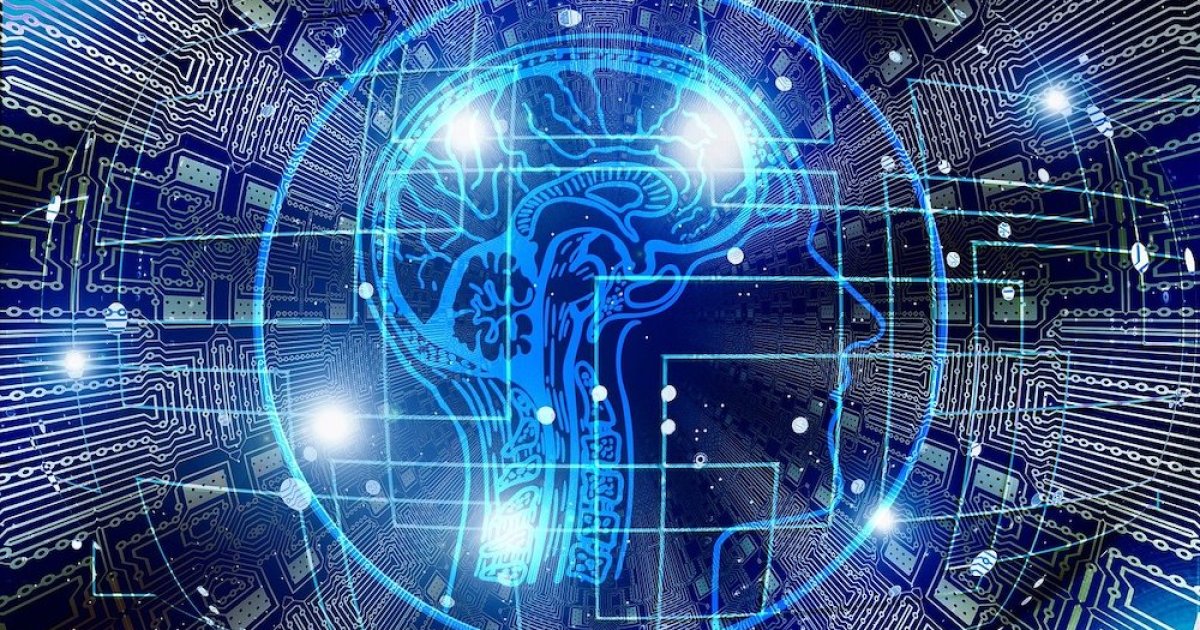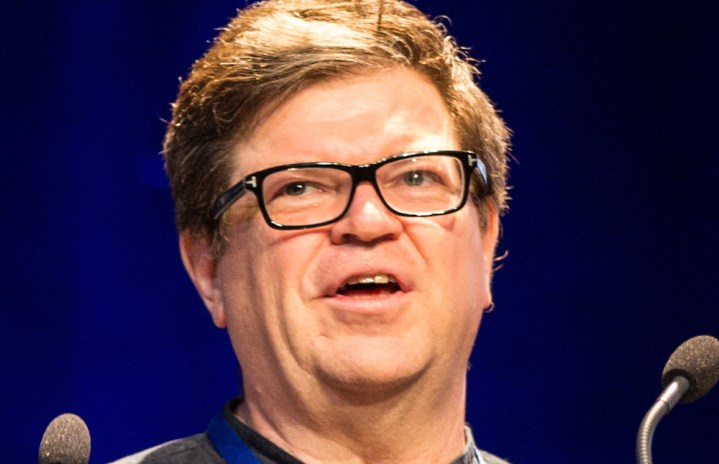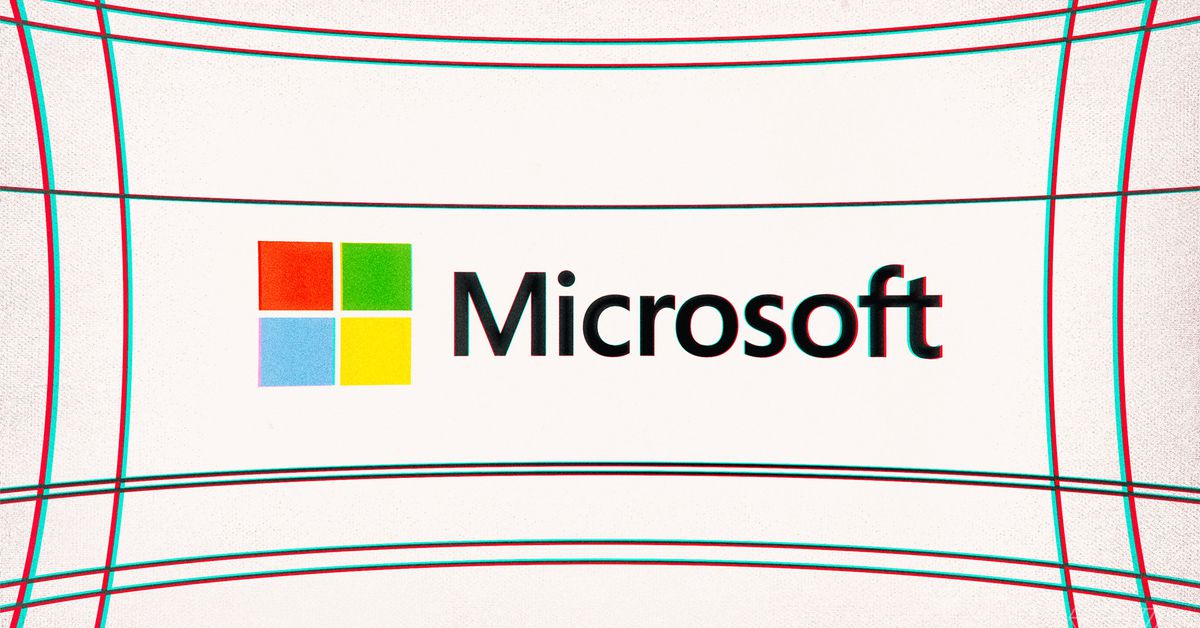AI ‘godfather’ says fears of existential threat are overblown
AI pioneer Yann LeCun has described talk of artificial intelligence posing an existential threat to humanity as ridiculous.

 AI pioneer Yann LeCun. Jérémy Barande/Wikimedia Commons
AI pioneer Yann LeCun. Jérémy Barande/Wikimedia CommonsAI pioneer Yann LeCun has described talk of artificial intelligence (AI) posing an existential threat to humanity as “preposterously ridiculous.”
Speaking to the BBC this week at an AI-focused event held in Paris by Meta, where he now works as the company’s chief AI scientist, Professor LeCun said: “Will AI take over the world? No, this is a projection of human nature on machines.”
LeCun’s comments are in stark contrast to those made by Geoffrey Hinton and Yoshua Bengio, with whom he received the Turing Award in 2018 for breakthroughs in AI. The three experts are now often referred to as “the godfathers of AI.”
Hinton recently quit his role at Google so he would be able to share his thoughts on AI development more freely. When asked in a recent CBS interview about the likelihood of AI “wiping out humanity,” Hinton responded: “That’s not inconceivable.”
Bengio, meanwhile, said recently that while today’s AI systems are nowhere near to posing an existential risk to humanity, it’s possible that things could get “catastrophic” with more advanced versions of the technology, saying that there’s “too much uncertainty” about where we might be with AI in a few years from now.
LeCun, however, appears more relaxed about the way things are going, saying that fears of AI taking over are overblown.
While the professor admitted that AI would undoubtedly surpass human intelligence, it would take years if not decades to reach that point. Even then, LeCun said, the idea that a superintelligent AI would escape our control is “just preposterously ridiculous,” adding that it’s simply “not the way anything works in the world.”
LeCun told the BBC that even a highly advanced AI system is “going to run on a data center somewhere with an off switch. And if you realize it’s not safe you just don’t build it.”
Viewing the technology in a more positive light, he said AI would lead to “a new renaissance for humanity” in a similar way to how the internet or the printing press transformed society.
While AI has been around for decades, recent and rapid advances in the technology have put it front and center, with powerful tools like OpenAI’s ChatGPT and Google’s Bard chatbots gaining much publicity for the impressive way in which they can handle data and converse in a human-like way.
Editors' Recommendations
Worried about the FBI’s deepfake warning? Follow these expert tips Senators to get AI lessons ahead of regulation decisions ChatGPT creator seeking to eliminate chatbot ‘hallucinations’ Lawyer says sorry for fake court citations created by ChatGPT Nvidia’s supercomputer may bring on a new era of ChatGPT![]()
Not so many moons ago, Trevor moved from one tea-loving island nation that drives on the left (Britain) to another (Japan)…
Google’s ChatGPT rival just launched in search. Here’s how to try it
Ever since Microsoft started integrating ChatGPT into Bing search, alarm bells have been ringing at Google. Now, though, the tech giant has started rolling out its own generative artificial intelligence (AI) tool for users as part of its bid to retain its search crown.
In a blog post, the company explains that the new feature (called Search Generative Experience, or SGE) is part of Google’s Search Labs, which lets you test out experimental ideas in Google search and provide feedback to the company. Google says its generative AI will “help you take some of the work out of searching, so you can understand a topic faster, uncover new viewpoints and insights and get things done more easily.”
This new Photoshop tool could bring AI magic to your images
These days, it seems like everyone and their dog is working artificial intelligence (AI) into their tech products, from ChatGPT in your web browser to click-and-drag image editing. The latest example is Adobe Photoshop, but this isn’t just another cookie-cutter quick fix -- no, it could have a profound effect on imagery and image creators.
Photoshop’s newest feature is called Generative Fill, and it lets you use text prompts to automatically adjust areas of an image you are working on. This might let you add new features, adjust existing elements, or remove unwanted sections of the picture by typing your request into the app.
Nvidia GPUs see massive price hike and huge demand from AI
It feels like we’ve only just emerged from the debilitating graphics card shortage of the last few years, but a new report suggests we can’t breathe easy just yet. Could a new GPU shortage be on the horizon, or are consumers safe from a return to another nightmare scenario?
According to DigiTimes (via Wccftech), Nvidia is seeing a huge surge in demand for its chips due to the explosion in artificial intelligence (AI) tools like ChatGPT. Nvidia offers a range of graphics cards that excel at AI tasks, including the A100 and H100, and the company is reportedly struggling to keep up in the wake of such massive demand.

 Fransebas
Fransebas 


































